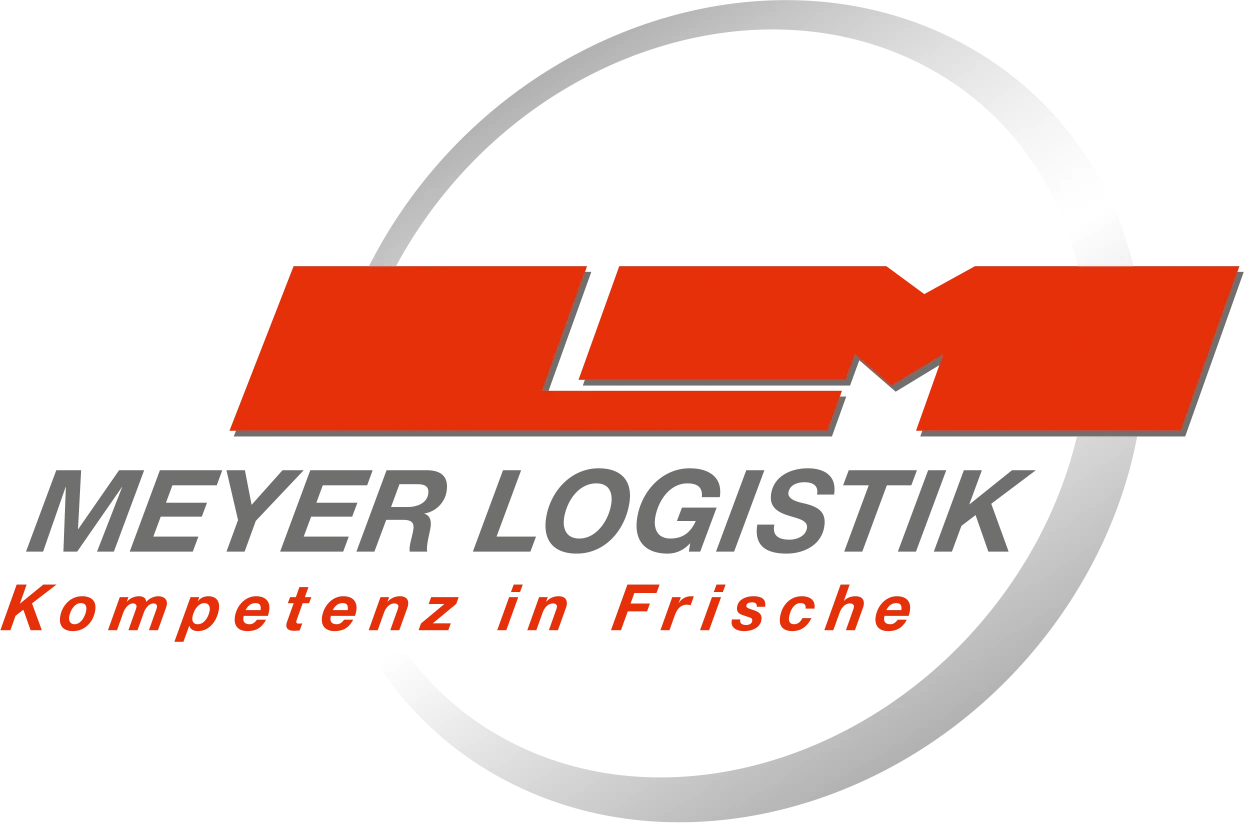Inventory Valuation Methods for Small Business Checklist
A step-by-step guide to selecting and implementing the most suitable inventory valuation method for small businesses, ensuring accurate cost calculation and informed financial decision-making.
Section 1: Introduction
Section 2: Cost Methods
Section 3: Market Methods
Section 4: Physical Count Methods
Section 5: Inventory Valuation Adjustments
Section 6: Review and Approval
Section 1: Introduction
This section provides an overview of the project's objectives, scope, and background information. It is essential to understand the context and purpose of the project in order to effectively implement the subsequent steps. The introduction should include a clear statement of the problem or opportunity being addressed, as well as the expected outcomes and benefits of the project. Additionally, this section may also provide an overview of the stakeholders involved, including their roles and responsibilities. It is crucial that the information presented is concise, accurate, and relevant to the rest of the process.
FAQ
How can I integrate this Checklist into my business?
You have 2 options:
1. Download the Checklist as PDF for Free and share it with your team for completion.
2. Use the Checklist directly within the Mobile2b Platform to optimize your business processes.
How many ready-to-use Checklist do you offer?
We have a collection of over 5,000 ready-to-use fully customizable Checklists, available with a single click.
What is the cost of using this Checklist on your platform?
Pricing is based on how often you use the Checklist each month.
For detailed information, please visit our pricing page.
Section 2: Cost Methods
This section describes various cost methods used to estimate project costs. The first step involves identifying the appropriate cost method based on the project's characteristics and requirements. This may include selecting from a range of established methods such as the Unit Price Method or the Square Footage Method. Next, detailed calculations are performed using the chosen method, taking into account factors like labor costs, materials expenses, and equipment rentals. The process also involves considering contingencies to account for potential risks and uncertainties. Accurate cost estimates are then derived from these calculations, providing a solid foundation for project planning and budgeting. These estimates are reviewed and refined as necessary to ensure their accuracy and reliability.
Section 3: Market Methods
In this section, the market methods used to achieve business objectives are outlined. The first step involves conducting a thorough analysis of the target audience's needs, preferences, and behaviors. This includes gathering data on demographics, psychographics, and purchasing habits through various research methods such as surveys, focus groups, and social media monitoring. Next, the findings are interpreted and insights are gained to inform product development, pricing strategies, and marketing campaigns. The analysis also involves evaluating competitors' strengths and weaknesses to identify gaps in the market and opportunities for differentiation. By understanding the market dynamics, businesses can make informed decisions about resource allocation, brand positioning, and sales projections, ultimately driving revenue growth and customer engagement.
Section 4: Physical Count Methods
In this section, various physical count methods are presented to ensure accurate inventory levels. The first method involves conducting a traditional manual count where inventory is manually counted and recorded by personnel. This process is often time-consuming and labor-intensive but provides an exact record of the quantity on hand. A second method employs the use of automated counting systems that can scan barcodes or RFID tags attached to items, providing quick and accurate counts. Additionally, a third approach involves using mobile apps and devices that allow for rapid inventory tracking and recording in real-time. These methods can be used individually or in combination depending on the specific needs and requirements of the organization.
Section 5: Inventory Valuation Adjustments
This process step involves making adjustments to the inventory valuation based on various factors. The purpose of this section is to ensure that the recorded value of inventory accurately reflects its current market value. Adjustments may include writing down or writing off inventory due to obsolescence, damage, or other reasons affecting its saleability. The section also addresses issues related to lower-of-cost-or-market (LCM) valuation methods, where the cost of inventory is compared to its current market value and any discrepancies are corrected. Additionally, this process step may involve adjusting for shrinkage, pilferage, or other losses that have affected the physical quantity of inventory on hand. Accurate adjustments in this section help maintain the integrity of financial statements.
Section 6: Review and Approval
In this step, the project deliverables are thoroughly reviewed by stakeholders to ensure they meet the predefined quality standards. The reviewer examines each component of the project for completeness, accuracy, and adherence to established guidelines. This meticulous evaluation process helps identify any discrepancies or inconsistencies that may have been overlooked during previous stages. Once the review is complete, the findings are documented, and necessary revisions are implemented. Upon satisfactory completion of this step, the final product is deemed ready for approval by designated authorities. The review and approval process ensures that only high-quality deliverables move forward to the next stage, thus maintaining the integrity and reliability of the project outcomes.
Trusted by over 10,000 users worldwide!
The Mobile2b Effect
Expense Reduction
 34%
34% Development Speed
 87%
87% Team Productivity
 48%
48% Generate your Checklist with the help of AI
Type the name of the Checklist you need and leave the rest to us.
Why Mobile2b?
Your true ally in the digital world with our advanced enterprise solutions. Ditch paperwork for digital workflows, available anytime, anywhere, on any device.
 Made in Germany
Made in GermanyEngineered in Germany, ensuring high-quality standards and robust performance.
 Fair Pricing Policy
Fair Pricing PolicyOnly pay for what you use. Get the best value for your enterprise without unnecessary costs.




























 Certified Security and Data Protection
Certified Security and Data Protection Active Support and Customer success
Active Support and Customer success Flexible and Fully customizable
Flexible and Fully customizable